A Note From the Editor: At Darling, we think that Saturday, January 21, 2017 was a historic moment. Not because a specific agenda or political side “won.” Not because certain politicians were revered or reviled. But because so many individuals came together for something larger than themselves. We hope that the Women’s March will be remembered as more than an event, but truly the beginning of building bridges to opposite sides. We want to approach the coming weeks and months believing the best about our fellow women and men, and we want to actually take the time to understand where different perspectives are coming from.
We all have something to say in regards to what it means to be a woman, a feminist, a pursuer of equality, and below is our attempt at creating the space to hear it.
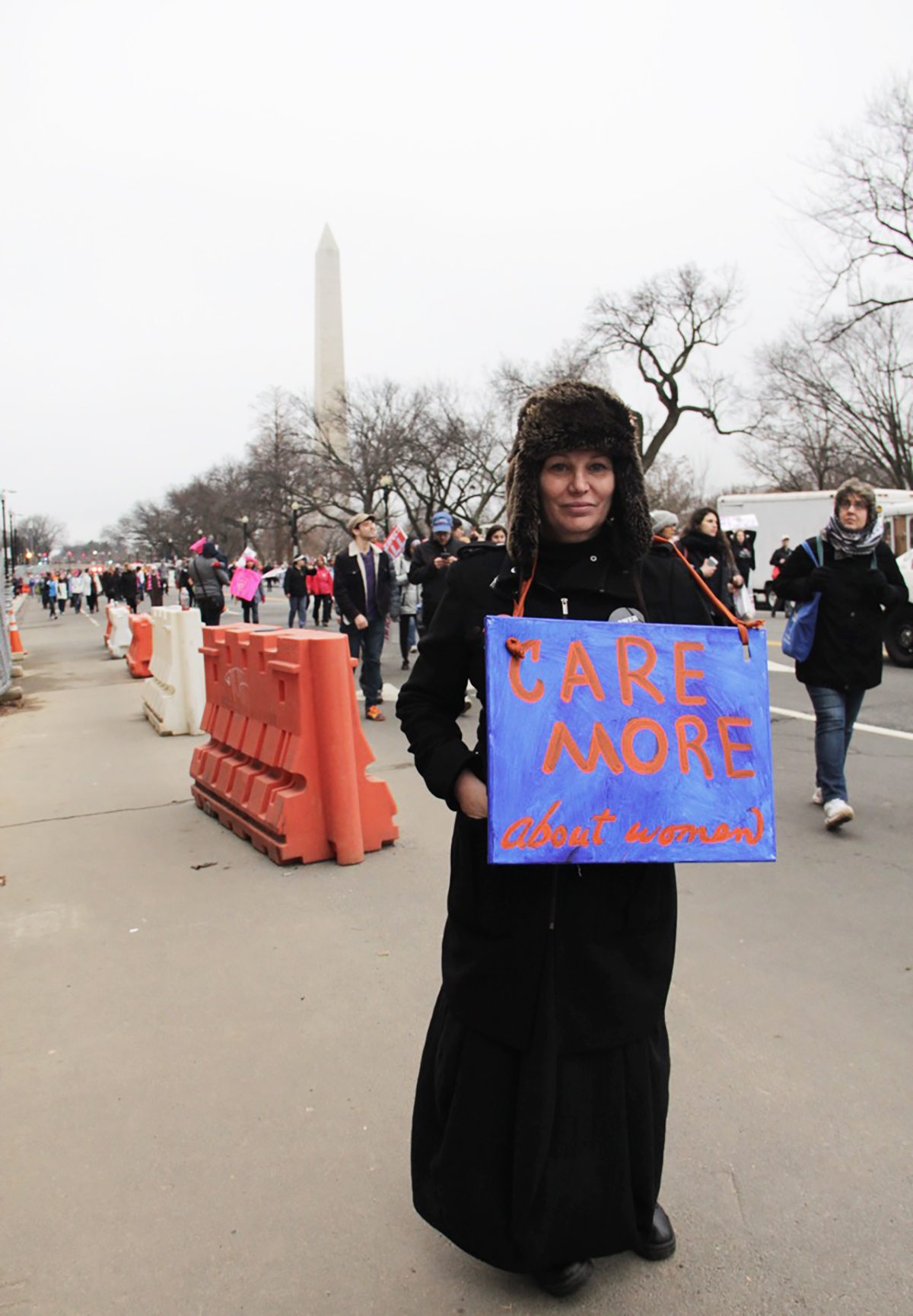
Written by Mikki Brammer:
On a crisp Saturday morning in Washington, D.C., a sea of pink hats radiated against the muted grays of the winter sky. From across the country, more than half a million women, men and children of all ages gathered together in solidarity.
So many people had shown up to lend their voice to the Women’s March on Washington, in fact, that crowds soon began to overflow far beyond the original planned route. By early afternoon, everywhere you looked, the streets, sidewalks and even monuments were brimming with people standing side-by-side in their shared vision for gender equality.
Admittedly, it was a tight squeeze, and for many the trek to the march itself was tiring and arduous – an excruciatingly early morning, long bus ride, and hours spent waiting in line. And yet there was an unmistakable vibe that permeated the entire event: love, positivity and passion for empowered change. There were infectious smiles in every direction, laughter, singing, and spontaneous cheers in densely crowded metro stations. (In one marcher’s words, “I’m not usually a cheerer, but today’s an exception.”)
As we stood together in spirited celebration, alongside old friends and new, one thing was clear – we must keep this passion for change alive long after this inspiring, historic day. Or as America Ferrera, co-chair of the march’s Artist Table, put it, “This is only day one of our united movement.”
We asked marchers in D.C. what feminism means to them. Here’s what they told us:
“I’m still learning about feminism, having had so many wonderful women step into my life over the years. But as I am wrapping my mind around it, my understanding of it is that it’s the power that I, as a woman, hold to protect and influence others in speech, action and care.” Lindsey S., 26, Charleston, South Carolina.
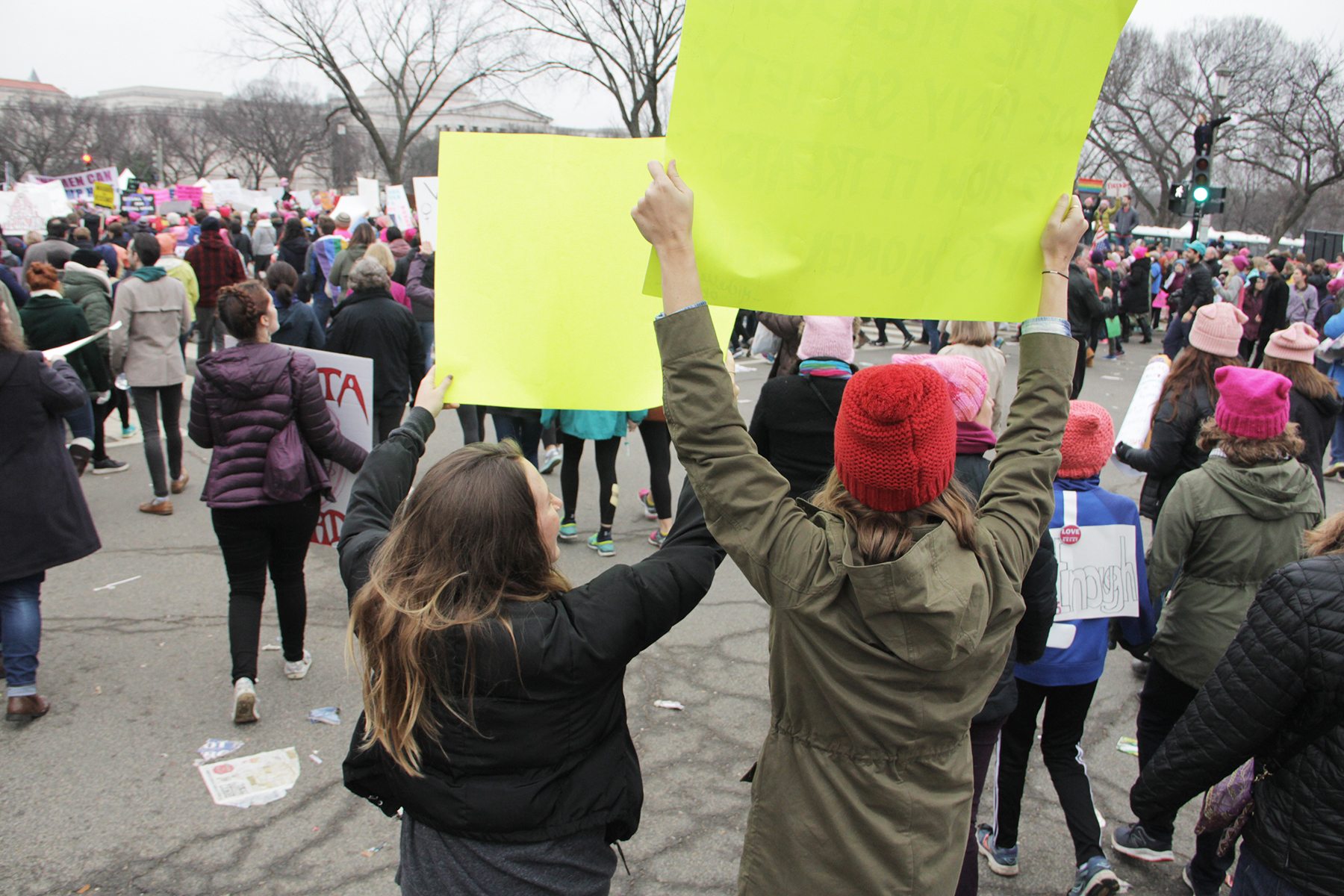
“Feminism is bigger than equal rights. It’s about equal respect – respect for both women’s minds and bodies. Our foremothers started our fight and now it’s our responsibility to keep the battle going.” Shannon S., 38, New York, New York
“I think feminism is about allowing people to be fully realized individuals, regardless of gender. That means educating people about gender disparity and gender stereotypes, both those that negatively impact women – the pay gap, unfair beauty standards, lack of representation in positions of power – and also those that negatively impact men, like warped views of ‘masculinity’ or pressures to be the financial providers for their families. My hope is that as we break down barriers for women, we do the same for men, so that we can all live up to our highest potential. I very proudly wear the label ‘feminist’ and believe that to fully embody that label, I have a responsibility to speak up about gender disparity. If you don’t see the inequality, you can’t fix it.” Liz R., 31, Brooklyn, New York
… we must keep this passion for change alive long after this inspiring, historic day.
“It means lifting people up and making sure that they all have the same advantages as you do, and keeping people empowered together.” Blair H., 26, Pittsburgh, Pennsylvania
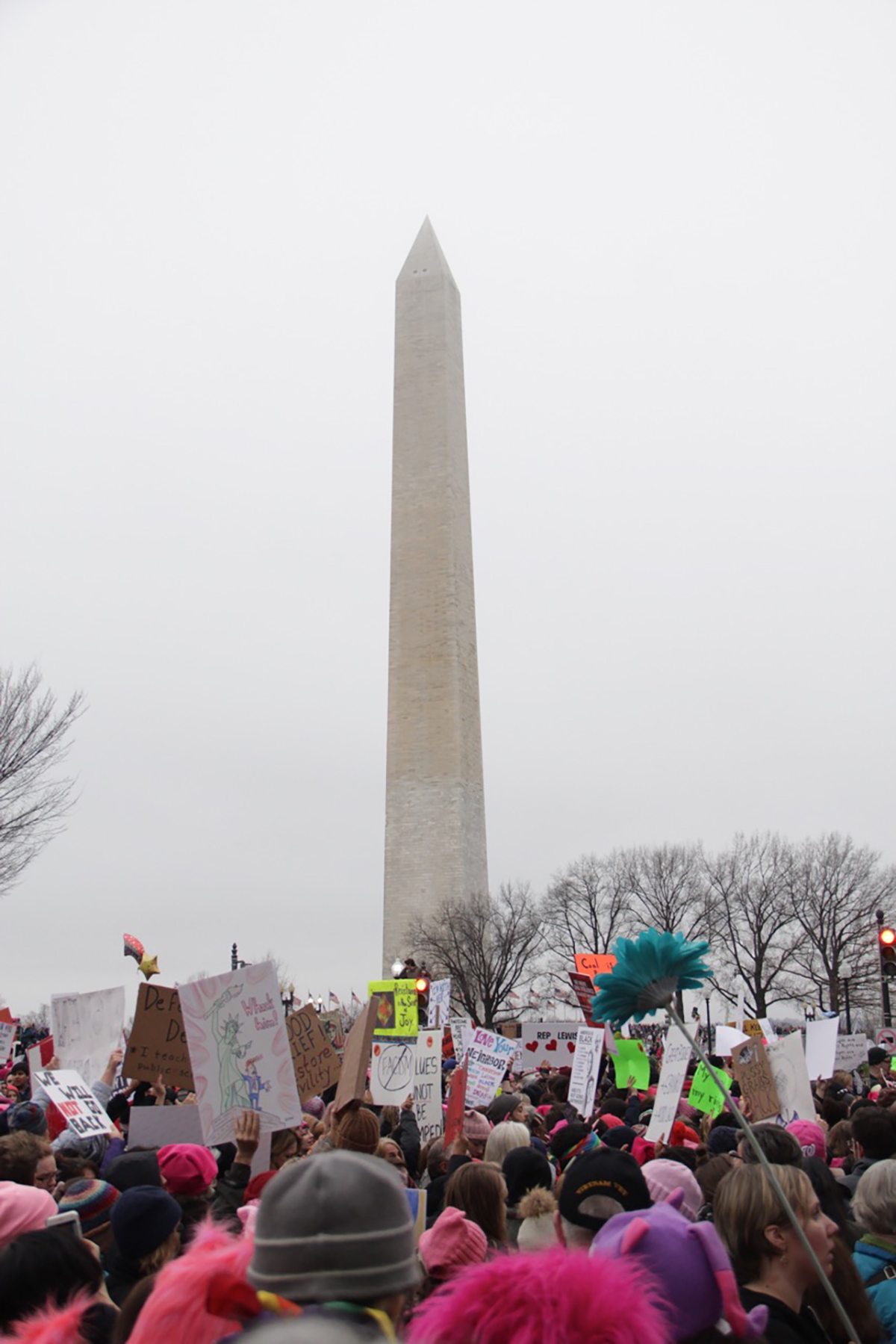
“Our children innocently enter into this world, not by choice, but by nature. They’re not born feeling prejudice against others or feeling superior to others – those concepts are taught to them, absorbed by them, tragically. Until that ceases, it’s my responsibility to be a feminist – an active one – and teach my two young sons to be feminists to make sexism obsolete.” Leila R., 42, Sullivan’s Island, South Carolina
“It means being pro-woman, which does not mean being ‘anti’ anything else. There’s absolutely nothing wrong with being ‘pro’ a group of people, so for me feminism is a very positive and empowering thing because there are plenty of anti-women and anti-other forces in the world.” Vicky A., 48, Washington, DC
“To me the term, philosophy – whatever you want to call it – is simple and it has been needlessly and, in some cases, maliciously misrepresented by people who are scared of it. To me, feminism means women should have all the same rights, privileges and respect that men enjoy, and that’s it. It means not being objectified, marginalized or commodified. It shouldn’t be a controversial concept and yet the idea of women truly being treated equal is profoundly upsetting to people – sadly, in both genders – who want to preserve the status quo.” Adam H., 34, Brooklyn, New York
“For me, feminism represents power and opportunity for my daughter.” Betsy D., 52, Nashville, Tennessee
“It’s about being able to have my own say in everything that matters in my life and in the lives of the sisterhood around the world. We matter.” Venetta K., 55, The Bronx, New York
“In my lifetime, I’ve been tremendously influenced by the creativity and action of iconoclastic female feminists – like Joni Mitchell, Patti Smith, Alice Waters, Louise Bourgeois, and Maya Angelou. I’ve never identified myself as a practicing feminist culturally or academically but I’ve been quietly drawn to its fundamental principles and driven to express my own personal freedoms and equality.” Tara D., 49, McClellanville, South Carolina
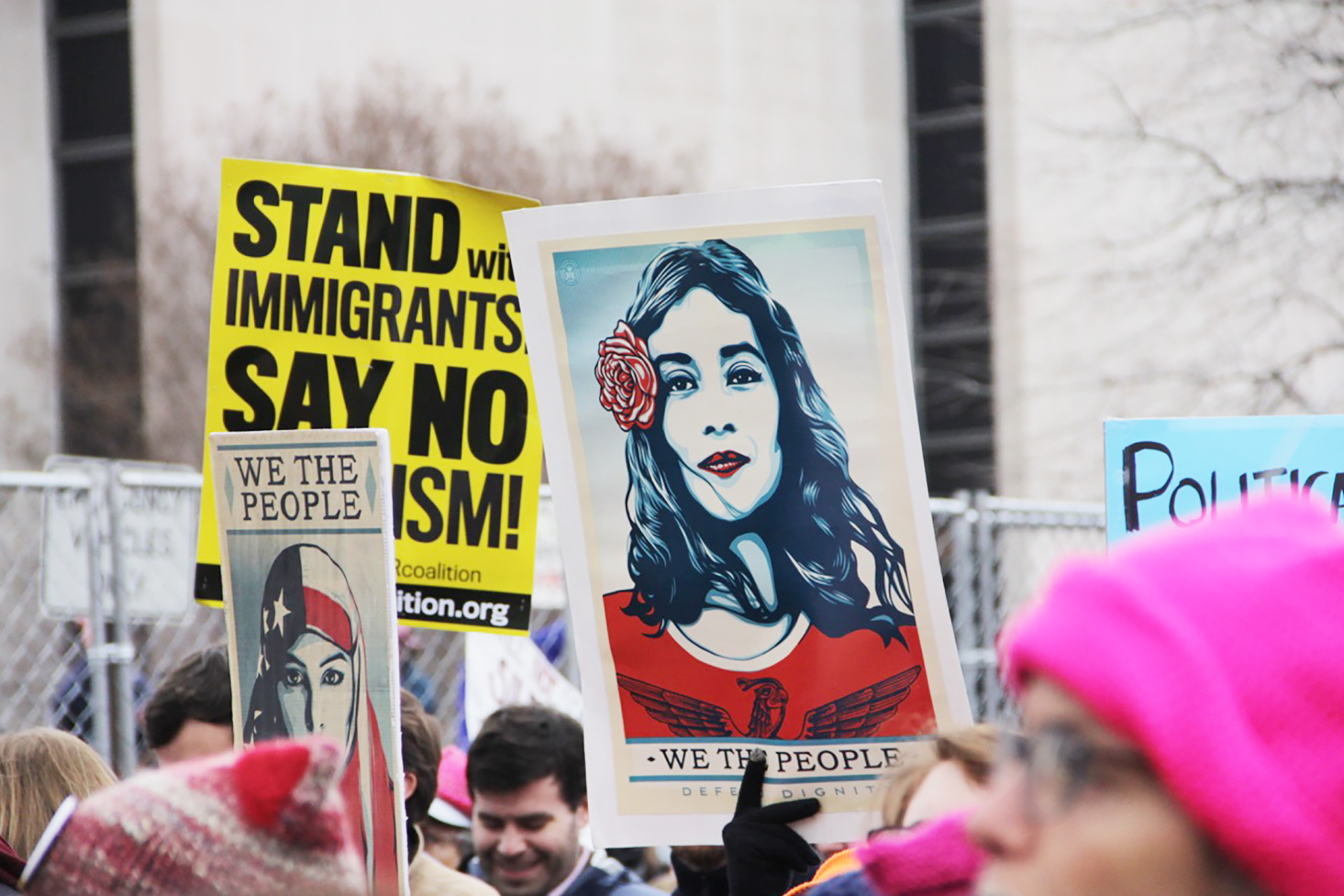
“It’s a recognition that there’s no real difference between what men and women can do – we’re partners in life and we need to share that experience and help each other out. Anything that suggests that there’s some kind of distinction to prevent that is to be opposed. Feminism represents living that philosophy.” Peter G., 63, Alexandria, Virginia
“I knew this was going to be a historic moment and I want my body here to be counted. Feminism to me is very simple: Women are equal to men and men are equal to women.” Julia F., 53, Boston, Massachusetts
“Being of the older generation, I see feminism as an opportunity for the younger generations. People before me had to fight a lot harder than I did and I’m hoping you guys will have to fight a lot less.” Angie M., 69, Manchester, Maryland
What does feminism mean to you?
Images via Orion Pahl

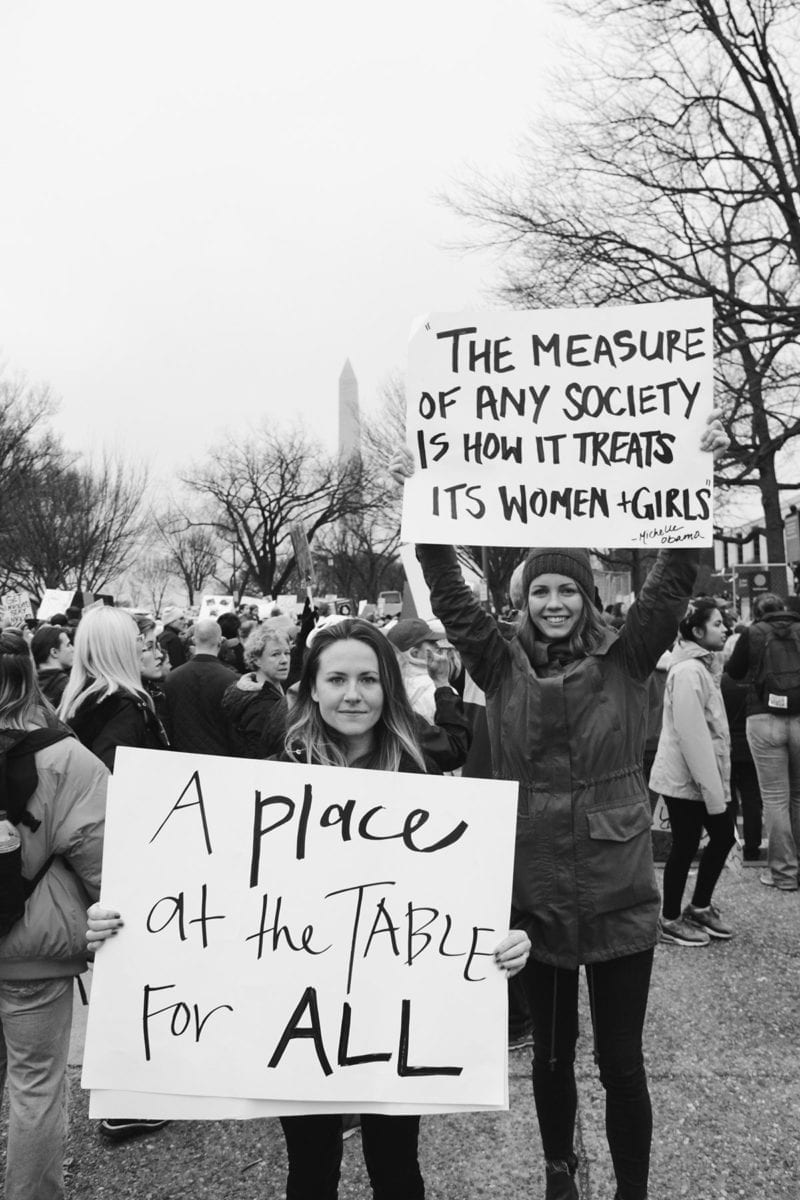
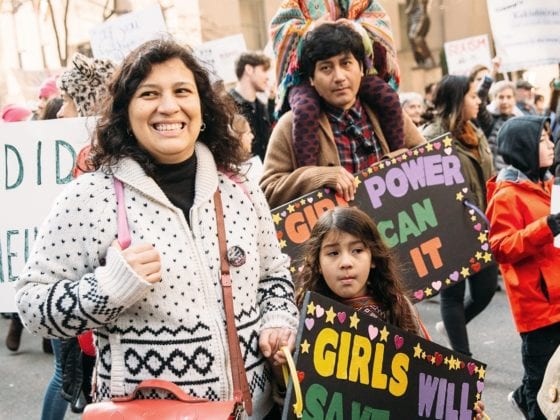
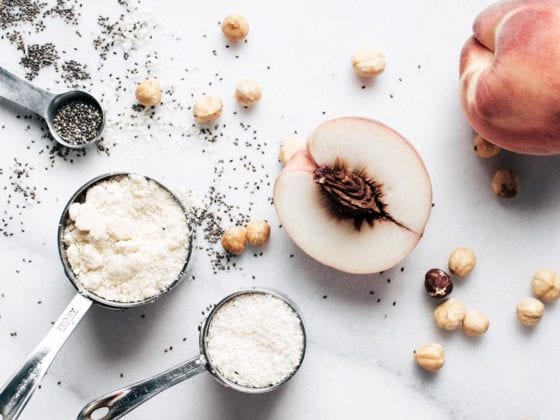
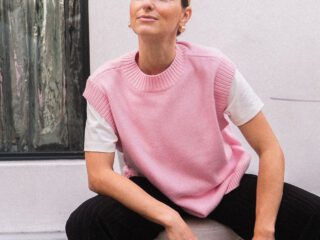


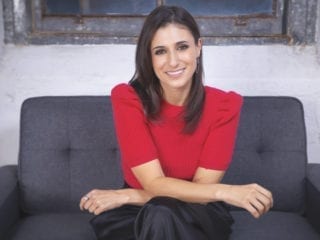
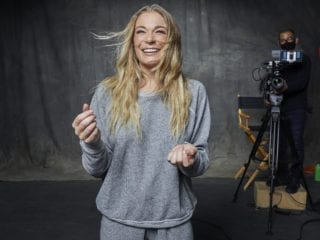



3 comments
I am embarrassed to admit that the thought to attend a march locally never crossed my mind. I am the mother of two daughters and I have two granddaughters and their place in the world is of utmost importance to me, as well as other children, boys and girls. Upon self-reflection I realized that I felt powerless to make a difference Thank you to all the women and men who understood what individuals coming together can accomplish.
Ah, I love this article!! I was part of the 100,000 in attendance at Saturday’s march in Portland, OR; it was beautiful, inspiring, encouraging, motivating, magical. Thank you for adding another log to my internal fire. May we all continue to offer light to our society, the planet and to our future generations.